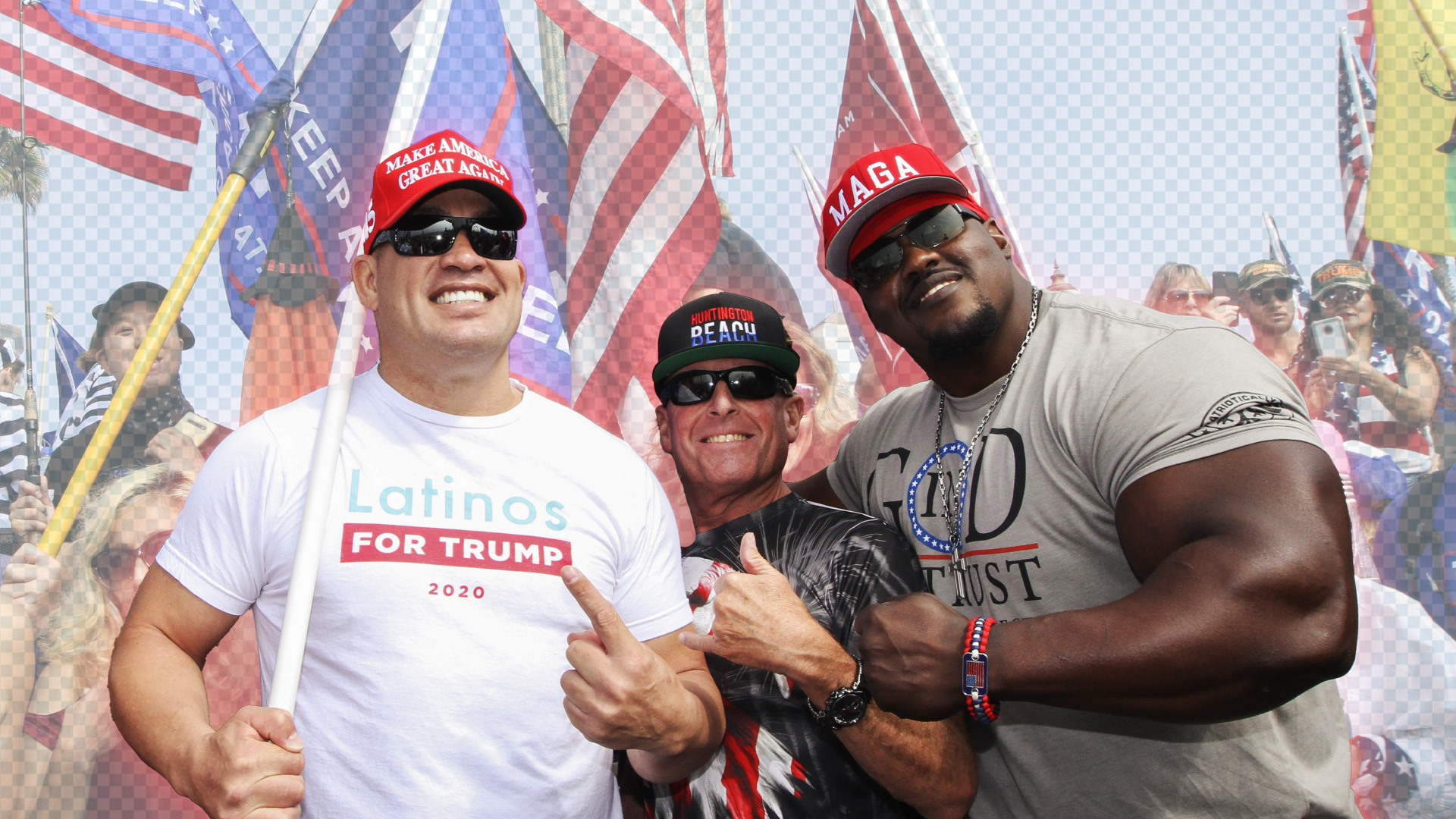Donald Trump’s performance in the 2024 election marked a significant shift in American politics, with strong support from Latino voters, as well as notable gains among Native American and Black male voters. These unexpected developments are reshaping the political landscape and signaling potential long-term changes in party dynamics.
Trump’s improved performance among Latino voters—earning roughly 45% of their support—has been well-documented. However, his gains didn’t stop there. Native American communities, particularly in states like Arizona and New Mexico, also showed increased support for Trump. His campaign’s outreach efforts, which emphasized economic development, infrastructure improvements on tribal lands, and energy independence, resonated deeply with Native American voters.
Equally significant were Trump’s advances among Black male voters. Exit polls indicated that approximately 20% of Black men supported Trump, compared to 12% in 2020. This uptick was attributed to his messaging around entrepreneurship, criminal justice reform, and opposition to Democratic economic policies, which many Black men saw as failing to address their concerns effectively.
In swing states like Pennsylvania, Michigan, and Arizona, these shifts had tangible impacts. The combined support from these diverse voter blocs helped Trump secure narrow victories in states that had been fiercely contested in previous elections. Republican strategists are now viewing this as a blueprint for future campaigns, aiming to broaden their coalition.
The Democratic Party faces mounting challenges in responding to this realignment. Critics within the party argue that its progressive platform, particularly on issues like policing, immigration, and cultural debates, has alienated moderate and working-class voters across these demographics. Many Latino, Native American, and Black voters have voiced concerns that the Democrats are out of touch with their values and priorities.
For Republicans, these gains are a sign of growing momentum. The GOP is increasingly positioning itself as the party of economic opportunity and traditional values, appealing to a broader range of voters. Trump’s ability to connect with voters on cultural and economic issues suggests a new era where minority support is no longer a given for Democrats.
In Florida and Texas, Trump’s strong anti-communist stance resonated with Cuban, Venezuelan, and Mexican-American voters concerned about socialism. In the Rio Grande Valley, a Democratic stronghold, Trump’s emphasis on border security and economic growth won over many voters.
Meanwhile, Native American voters cited Trump’s focus on self-reliance and economic growth on reservations as pivotal. His administration’s policies to support tribal sovereignty and increase funding for infrastructure projects played a significant role in swaying these voters.
Black male voters, on the other hand, were drawn to Trump’s focus on economic empowerment. His administration’s track record on criminal justice reform, including the First Step Act, resonated with many. Additionally, his anti-establishment rhetoric and critique of Democratic leadership in urban areas struck a chord.
The Democratic Party now faces pressure to recalibrate. Party insiders are calling for a more nuanced approach to cultural issues and economic policies to regain lost ground. Without significant changes, Democrats risk losing further support among minority voters who feel overlooked or taken for granted.
Trump’s gains across these diverse voter groups highlight a fluid political landscape. As Republicans celebrate these successes, Democrats scramble to address the challenges posed by their aggressive shift to the far left. Both parties now face the task of redefining their appeal in an increasingly complex and dynamic electorate.


